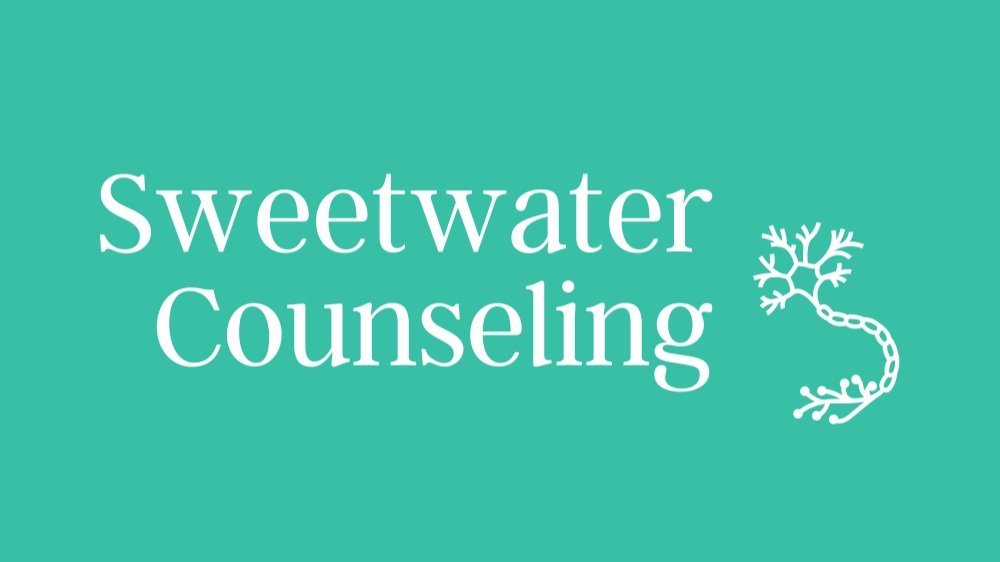"What more can I do?"
As a clinician, this is one of the most heartbreaking things I see - a person who is watching his/her child struggle when the child won’t accept help.
You’ve worked for years to raise this child, given up vacations and lazy Sundays to coach soccer and paint the nursery. You got him into a good school, you found a mentor, you’ve asked the priest for help, taken her to counseling, tried tough love, and given your child space.
And it’s not that s/he doesn’t have potential! A gift for language, an ability in engineering, or musical talent. But none of it is being used.
Sometimes, there’s a factor like depression or drug use that is holding your child back, but sometimes you don’t see anything like that. What went wrong?
This feeling of helplessness can be overwhelming. You’re realizing that you might have done everything you could, and yet you’re not seeing the results you expected. You might’ve looked forward to watching your child grow and mature, hoping for the day s/he would achieve more than you did, and have a better and more comfortable life. Now, you’re watching those dreams fade, and it’s terribly painful.
You’re already aware that you can only control so much of another person’s life. So now, you need to consider which of these feelings are yours and which belong to your child. For example, is your child content with life? Not, perhaps, as happy as you think they could be if they took your advice, but is s/he expressing distress or dissatisfaction? If s/he is not discontented, then the anguish you’re feeling is about your own unmet desires for your child’s future.
You may need to seek therapy for help in accepting the current state of your (adult) child’s life. This is a period of transition for you: your child used to need you to control his/her choices and environment, and now you’ve been unceremoniously fired from that job! It’s hard to adjust to that change, and it’s even harder when you don’t see your child using the gifts and skills that you helped them nurture. Don’t hesitate to reach out for help during this time.
If there is a safety issue in your (adult) child’s behavior, you can refuse to enable this. If yours is a drug-free home, then you cannot house your child if s/he continues to use. But in the end, an adult can do any number of self-harming behaviors on his/her own property, and all you can do is to offer help. Working with a psychological professional can help you to understand your options, find the most effective kind of help to offer, and consider your approach.
Watching your child suffer is one of the most painful things a person encounters. Keep in mind that your adult child still needs you, but now, maybe he needs you to step back and let him face the consequences of his actions. If you’re in this situation, it’s because you are a loving parent, and I’m so sorry for how difficult it is.

